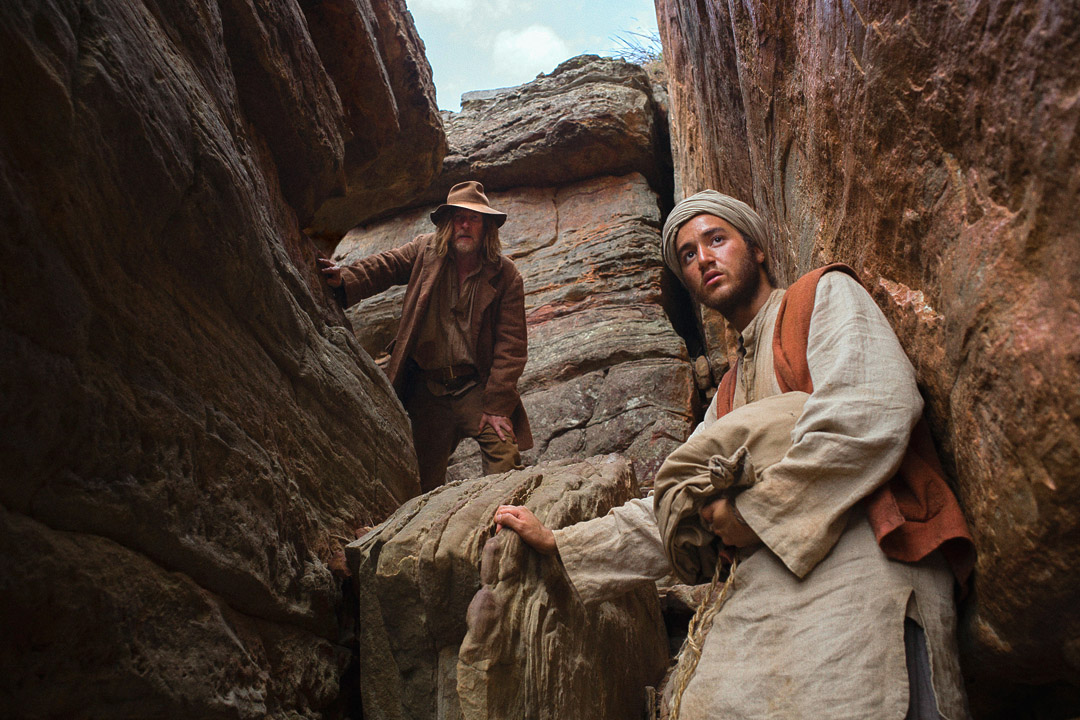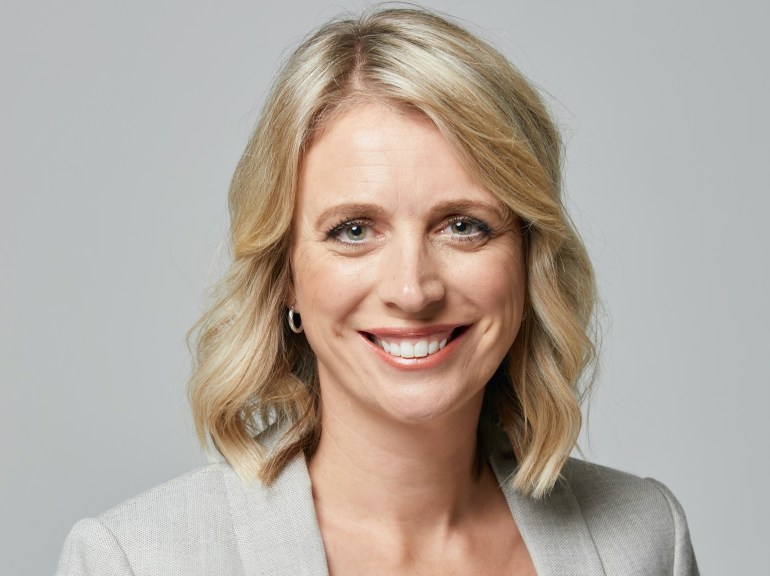Balancing production with border uncertainty will be a key challenge for Western Australia’s screen industry heading into 2022, according to Screenwest CEO Rikki Lea Bestall.
The separation of WA from the other states due to the Delta outbreak on the east coast has proven to be an early test of Bestall’s tenure, with WA Premier Mark McGowan yet to set a border reopening date.
Bestall succeeded Willie Rowe as CEO in May, three months after Screenwest outlined a stretch target of $150 million in production expenditure across 2021-2024, while also announcing development funding for six new features under the Brighter Ideas program.
A strategic plan – ‘Leading the Way: A Growing and More Sustainable WA Screen Industry’ – detailed how the industry could triple in size provided the supporting infrastructure and crew are available.
Speaking to Screen Producers Australia CEO Matthew Deaner in a webinar earlier this week, Bestall said seeking assurances as to how WA industry can operate in the new world was a big part of her day-to-day work.
“I understand no one wants to give up the lifestyle they have but it’s hard from an industry perspective because we’re in a transient phase, where we’re very much behind the rest of Australia in [terms of] what next year looks like,” she said.

“The first quarter of next year is a little bit questionable but hopefully in that latter part, we’re in a position where we are able to function.”
Central to the aspirational growth laid out in Screenwest’s strategic plan is the development of a $100 million studio and sound stage in Fremantle.
Situated in Victoria Quay, the proposed facility would service screen production, games, and immersive technologies across for local, domestic and international productions.
It was one of two pre-election commitments made by the WA government to the screen industry, the other being a $20 million production attraction fund.
While Bestall described the infrastructure as a “gamechanger”, she said it was important the facility contributed to growth across the board.
“We have to get the balance of international, local, factual, scripted, games and interactive,” she said.
“My job is balancing those things and making sure they are all priorities, while making sure we have the right soft and hard infrastructure to deliver that ecosystem and that we don’t lose sight of everything else we are doing.”
The growth of the games industry has been of particular interest to state and federal governments so far this year, with a national 30 per cent Digital Games Tax Offset announced as part of May’s budget complemented by NSW and Queensland extending their PDV offsets to include games in the subsequent months.
For its part, the WA government has identified creative industries, including the games and interactive space, as a focus area within its ‘Diversify WA’ plan, which was first released in 2019 and then updated in the wake of the pandemic.
Bestall said Screenwest was “working closely across departments” to foster progress in the space, identifying the plan as a “thought starter” for the development of the game industry in WA.
“We’re working closely across departments because it’s obviously a creative industry but it’s also technology, innovation, and job creation,” she said.
“Everyone is really wanting to be in that space so it’s about how we make that happen and the time frame we can make that happen in.”

For the short-term, however, Bestall’s focus remains on how to further the growth of the local industry.
She will have the help of some fresh voices on Screenwest Industry Advisory Group Committee, which welcomed six new members in September. Filmmaker Sue Taylor was also appointed to the board of directors last month.
Bestall said it was still an exciting time for the WA industry, despite the lingering effects of the pandemic.
“We struggle with lots of issues and challenges on a day-to-day basis, particularly being in isolation where we are and with COVID, but big picture, I was looking at the stats from 15 years ago and the exponential growth across factual and scripted is just incredible,” she said
“It will only continue to go further and I think with the energy and commitment behind the industry and the policy at the Premier level, there is a significant opportunity right now in WA over the next couple of years to really go hard.”


